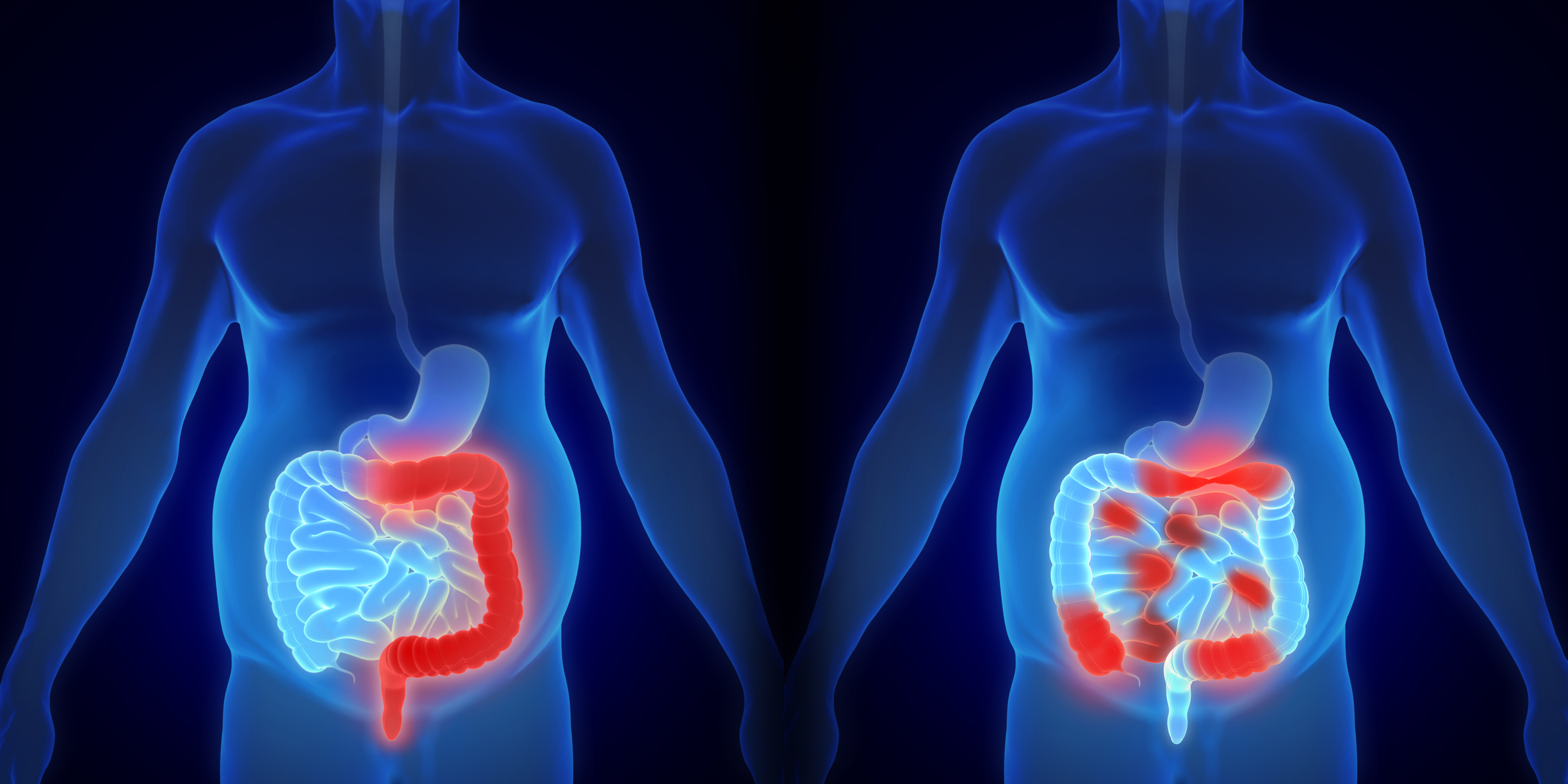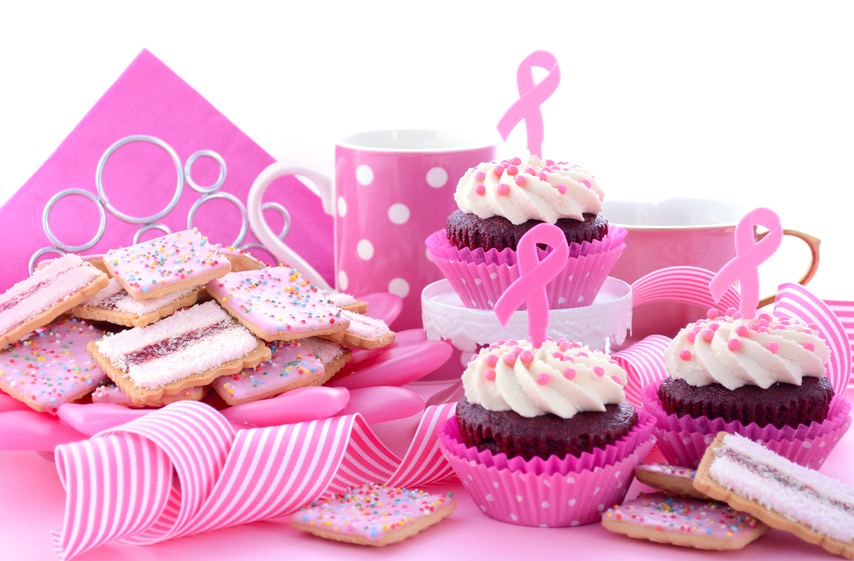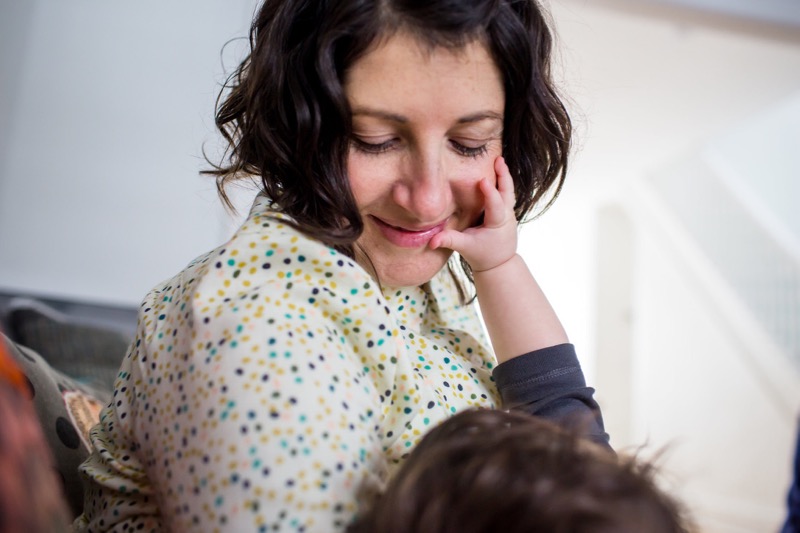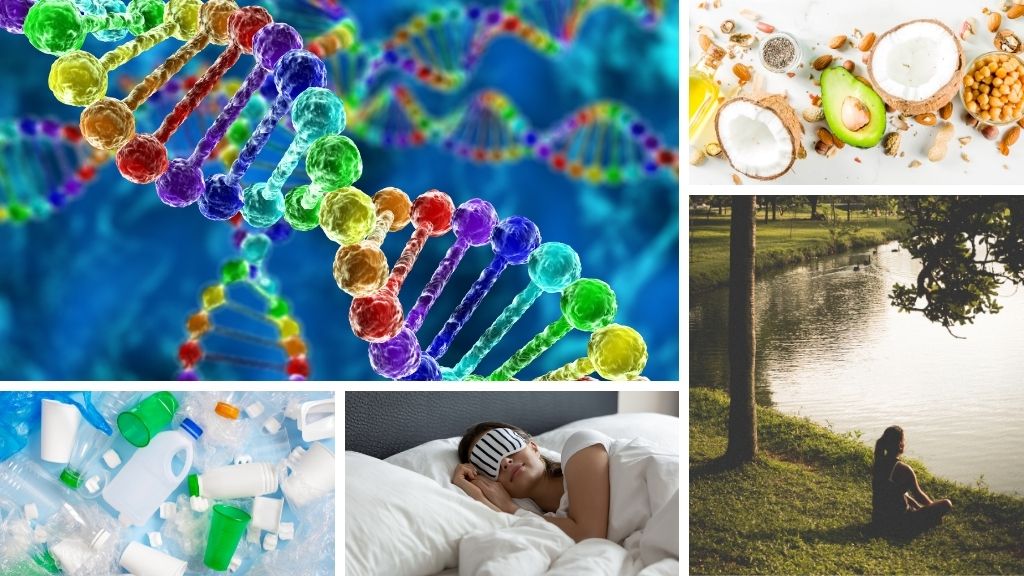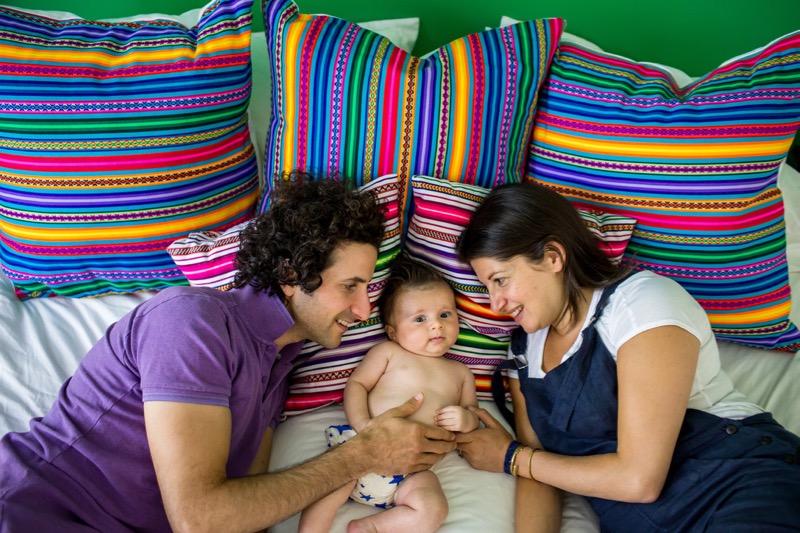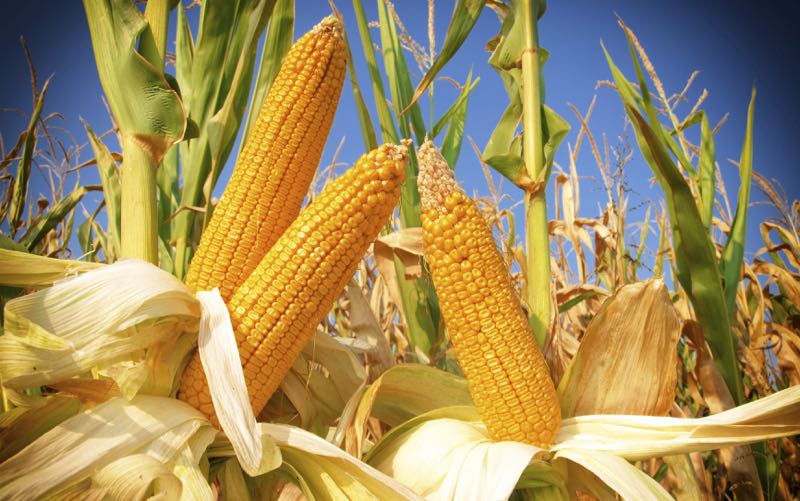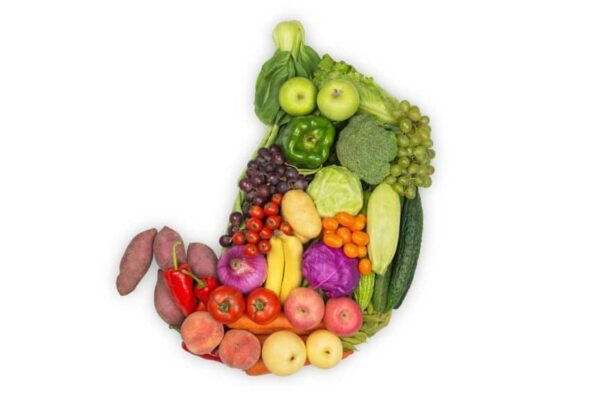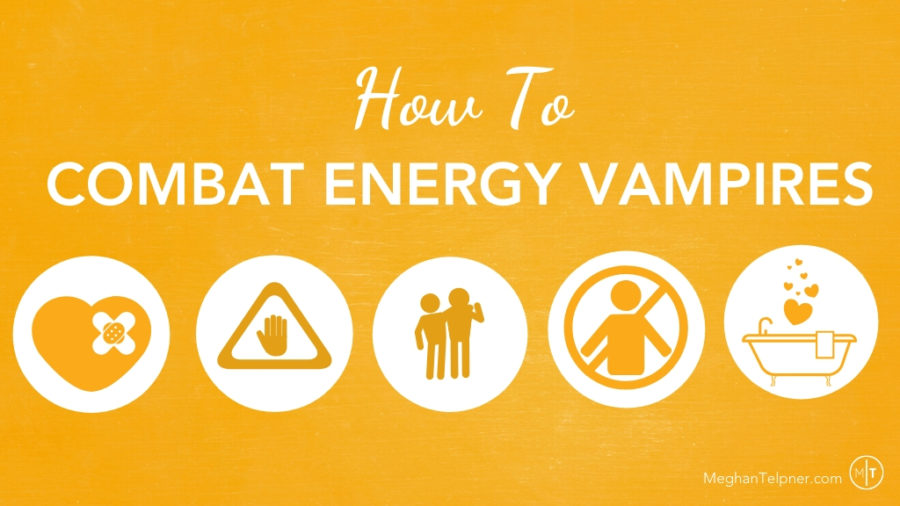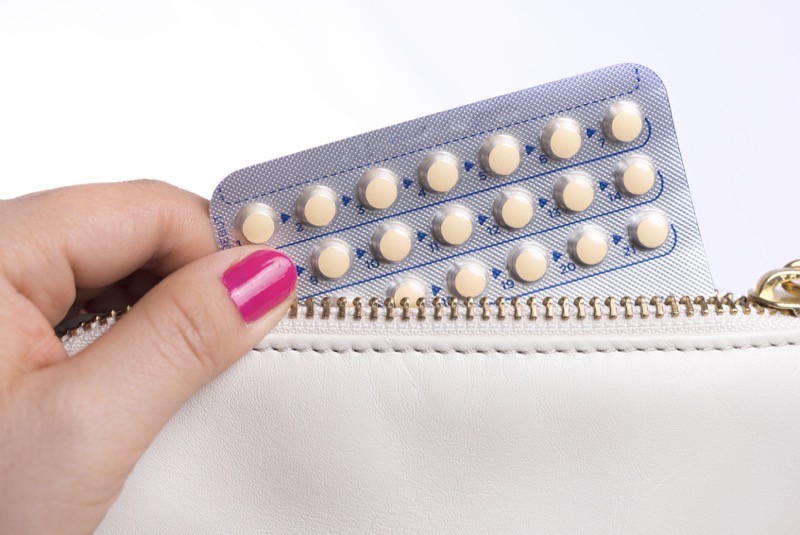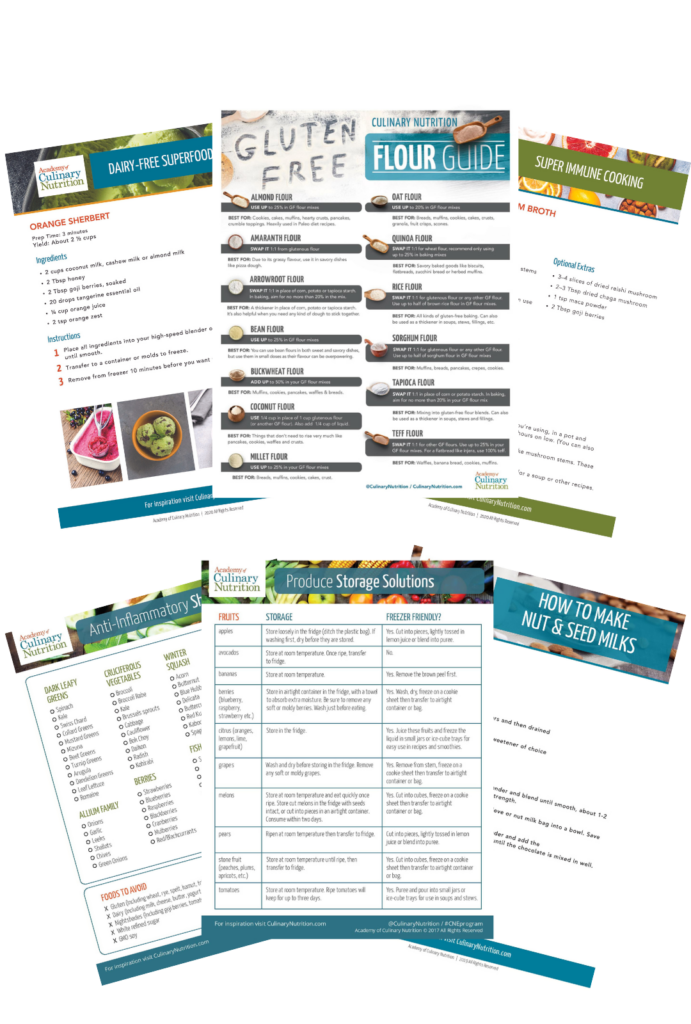How I Healed From Crohn’s Disease

It has been fifteen years since I healed from Crohn’s Disease. I clearly remember coming out of my colonoscopy in August of 2006 wondering what my life would be like. What would happen if I had Crohn’s Disease? Would I have this disease for life? And was it true what my doctor had said: that there was no known cure and that nothing I could do would help me to heal?
For those of you unfamiliar with this disease, it’s an autoimmune inflammatory bowel disease that can affect any part of the digestive tract from gums to bums. In 2006, when I was diagnosed, I was told there was nothing I could do but wait and see what direction the disease took. Sadly, a decade later and after millions of dollars raised and thousands of hours spent on “research”, nothing has changed.
Embarrassingly, the Crohn’s and Colitis Foundation of Canada once has a girl in a hospital robe pouring syrup on a stack of pancakes on the cover of their dietary guidelines. They state, “Since we do not know what causes Crohn’s and colitis, there is no known cure – yet. We do know that your diet did not cause inflammatory bowel disease, nor will a ‘miracle diet’ cure it.”
The organizations that raise millions of dollars for a cure carry the belief that despite, in their own words, not knowing what causes or cures, they know for certain diet has nothing to do with the progression or regression. And they’re right about one thing: there isn’t a “miracle diet”, but diet is part of it. I will get to that.
Without getting too far off topic, if you’re wondering where millions go, the Crohn’s and Colitis Foundation of America offers a breakdown. So, for example, if you donate $10,000, you’ll support the “development of educational brochures” for patients that tell them things like “We don’t know the cause or the cure.” These are the same organizations that have been known to serve deep fried Twinkies at their events hosted in the name of finding a cure.
My doctor’s exact words to me were: “Eat your cheeseburgers, drink your milkshakes. Nothing you eat will affect the prognosis.”
To this day, I am grateful for this arrogance and ignorance as it invited me (or perhaps forced me) to dive in. I didn’t want to live a life that saw me going in and out of hospitals, unable to make plans for fear of a flare-up. I immediately began digging in and doing my own research. In 2006 there weren’t the resources there are today. There certainly wasn’t any thing like the Culinary Nutrition Expert Program where I could go to learn about the healing powers of food.
I would make lists of foods. Foods that could potentially help me and those that might promote inflammation. I stuck to the helpful foods and took on some healing lifestyle practices like yoga, meditation and acupuncture. My doctor told me there was no evidence that any of this would work. Though he succeeded in planting doubt, I was not dissuaded.
I also had to remind myself that there was no guarantee that his suggested course of action, which included “wait and see”, and potential medications and/or surgical intervention if needed, would work either.
Note: In this post, I outline my personal journey to healing from Crohn’s disease. For a more general outline of resources and common approaches to addressing IBD, you can also visit my post Crohn’s Disease and Colitis: Healing Diets and Other Resources.
Transitioning To Health
And so I tried my own protocol first.
- I modified my diet to all natural, unprocessed foods (details below)
- Ditch my intensive workouts in favour of yoga
- I took a meditation course and committed to meditating for 20 minutes, twice a day.
- I went to regular acupuncture treatments, multiple times a week.
- I drank Chinese herbal teas
- I rested as much as I could
In the past I have been criticized for the time I spent healing from Crohn’s. I committed three months of my life to getting well. I stuck to this healing regimen like it was my job, because it was. I had become too sick to work.
I will be the first to admit that taking time off work to focus on health is a luxury. But now, as I look back 15 years later, that three month commitment has lasted me a decade and a half. I have not had to spend a single day in bed, let alone in a hospital due to Crohn’s disease.
The estimated cost to the US medical system of someone with Crohn’s averages around $18,000 per year with the cost for someone with active disease is closer to $60,000. The average cost per hospitalization of someone with Crohn’s is $37,000. I am sharing this because when it comes to natural remedies, that we need to pay out of pocket, cost is often a topic that comes up.
In short, the costs and expense associated with getting well and staying well are significantly less than the costs of being sick.
And in following my own DIY protocol, over the course of a few months, I got better.
It was actually more than just “getting better”, more than an absence of symptoms of this disease, what medicine calls “remission”. Beyond the lack of symptoms, I was experiencing a level of happiness, vibrancy and joy that I had never known.
That was 15 years ago and I haven’t experienced any signs or symptoms of Crohn’s disease since.
This, of course, is not where the story ends. I did not take on a healthy diet, reverse the progression of an incurable auto-immune disease, go into remission and then return to how I was living before.
The most important part of my sustained health is that I kept it going.
The dietary restrictions became my way of living. The lifestyle practices of yoga and meditation, also became part of my lifestyle. I didn’t return to the jobs or the relationships that had all been part of the building of the disease, but instead pursued a path that invited me to build health and happiness. I incorporated practices that weren’t about “stress management” but about changing thought patterns, and lifestyle habits to reduce stress in my life and release it from my body. I learned to be less aggressive in my reactions to life and take a more responsive approach.
Was it hard? Yes.
Did I feel isolated from friends as my eating and lifestyle habits changed? Yes.
Did I have people tell me I was crazy or irresponsible for doing what I was doing and not following the path of conventional medicine? You bet.
Did I lose friends and family over decisions I made for my own health? I did.
Did people tease me for being a “health nut”? Yes, and I ignored them (and maybe felt a little smug that I had tapped into something rather incredible!)
Was it worth it? Yes. A gabillions times over, yes! There is not one little, itty, bitty thing I miss from the way I used to live. I wouldn’t change a thing. I am grateful that I was strong-willed enough to make the sacrifices that had to be made.
Yes, this was hard, but for me waking up every day feeling sick was even harder. Sacrifices made for illness are substantially more difficult than the sacrifices we make to feel well.
The Unexpected Happened: Health
What was once hard and took a lot of thought has become easier, and for the most part simply part of how I live. My set-point was raised and when that happen things that we often struggle with at the beginning of a transition simply became non-negotiable options.
The way I live today is not hard. It is just the way it is. Living as I do is my choice, and one I make every day in the name of health. There is no sacrifice. There is no deprivation. I live with gratitude and a focus on abundance. I am grateful for everything I can eat and do, and give no energy to what has been left behind.
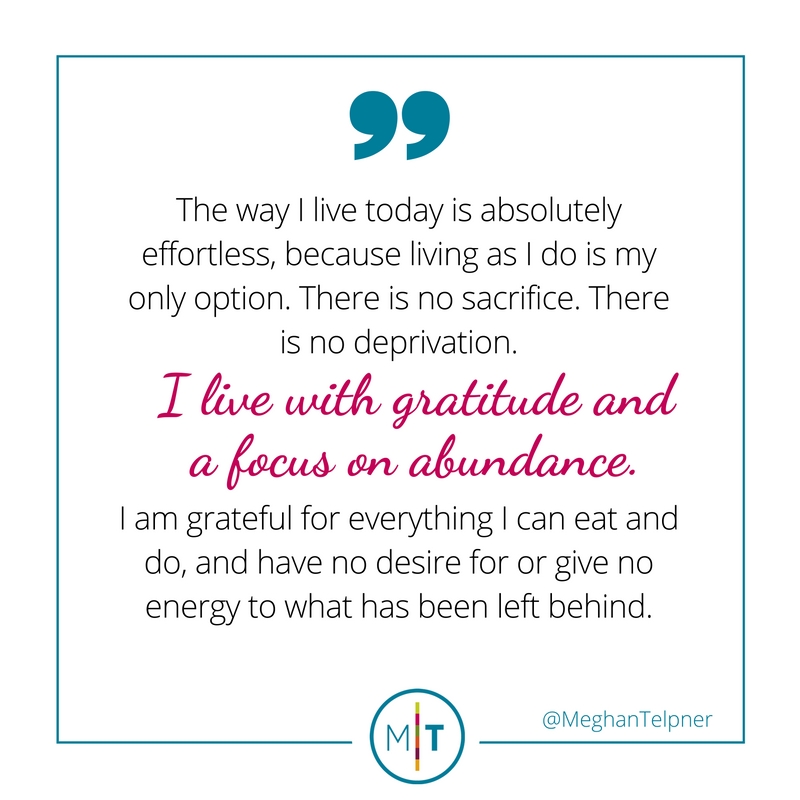
After 15 years of living without this disease and doing the work to embrace a prevention lifestyle, there isn’t a single part of me that desires my path to have been any other way.
It was this experience that I had a decade ago that planted the seed for what is now at the root of everything I do – this blog, my business, my books, the Academy of Culinary Nutrition and the incredible community I get to be a part of.
I was left on my own to figure out what was wrong with me and how to rebalance. I didn’t want to fight the disease or fight for a cure, I wanted to heal.
One Size Does Not Fit All
How did I heal from Crohn’s Disease? This is the question I am asked most often, and also the one I am most hesitant to answer. I will answer it, but I need to caveat it by saying the following:
- What worked for one person is not guaranteed to work for another.
- What helps you to heal, or gain a foothold, may not be what maintains your health ongoing.
- Healing from an autoimmune disease is not a temporary diet, it is a lifestyle shift.
- Diet is only one small component and you must be open to full healing, not just changing your diet.
- Don’t be tied to what you believe healing will look like. It may not be a full cure.
- There is not one thing you need to do. There is not a single food that will heal you. It’s a process, and it’s a combination of factors.
- No one else can do this for you, and you can’t force someone else to try.
I think it’s also important to recognize that there is not one short answer. Healing from an autoimmune disease requires a lot more of us than popping a pill, and is different from curing it by how medicine regards a cure. It is multi-layered and requires you to want it enough to be open to doing the work. All of the work.
I get loads of emails from moms, children and spouses wanting their kids and parents and partners to live differently. Shifting to a healing or healthy way of living is not something you can coerce someone into. They have to want it for themselves.
Understanding Autoimmune Disease And The Triggers
Before we get into the healing, it’s important to have a basic understanding of autoimmune diseases. All of them, at their root, have similar triggers. How it manifests in your body is largely due to a genetic predisposition.
That being said, genetics are not to blame. We all have genetic predispositions but that doesn’t mean the flip must be switched for all of us. This is what we call epigenetics – how your lifestyle practices dictate the expression of our genes.
At the core of all autoimmune conditions are three factors:
- Genetic predisposition (you often know your weakness based on things that “run in the family”).
- Environmental triggers (see below)
- Leaky gut (often caused by a combination of triggers – see below)
And so when it comes to healing, we’ll need to address the gut, identify the triggers, and then work to rebalance and heal.
What are Some Potential Triggers?
Some of these may be controversial and may not have the level of double blind placebo studies that you may prefer. I will leave it with you to decide what may or may not have been part of the progression for you. The challenge is that rarely is it one thing alone. Often it is the cumulative effect of two or more of the following that creates the “perfect storm” environment for an autoimmune disease cascade or flare-up to be triggered. It is never without cause.
Common Autoimmune Triggers Include:
- Infection (virus, bacteria, fungus, parasite)
- Emotional and/or physical trauma
- Persistent emotional and/or physical stress
- Antibiotic use
- Vaccinations
- Food poisoning
- Food allergy and/or food sensitivity
- Mould exposure or other environmental/chemical exposure
- Birth control pill
- Other medication
- Highly processed diet
- Nutrient deficiencies (and/or malabsoption)
At The Root Of Healing
The challenge with finding a “cure” by how conventional medicine diagnoses autoimmune disease is that every individual will have their own unique combination of triggers (or causes) and therefore, typically need a unique approach to healing. And so it is true there is no known “cure” or “miracle diet” that will work for everyone.
Conventional medicine typically works by addressing the disease, not the patient, as they seek out a standard of care that has worked most often in controlled studies. When it comes to autoimmune diseases there is no “cure” that has been double blind placebo tested and will work without fail on the majority of patients. That being said, this does not make a cure impossible. A cure, in this case, is not a miracle. It is a result of the action you take to rebalance and heal your body.
A cure is not a miracle. It is a result of the action you take to rebalance and heal your body.
When we start to look at healing, rather than curing, the approach needs to be individual. We need to determine what our own unique set of triggers is and then do the work to support the imbalance and correct the deficiencies. This is where lifestyle approaches that address diet, mind/body and day-to-day habits comes in.
Your doctor may tell you there is no clinical evidence to support dietary and lifestyle interventions as a cure for any disease. There is however significant evidence that food has the capacity to heal. I also like to think that common sense will tell us that if the way we have been living has allowed disease to form, continuing in the same lifestyle will not help us to heal or reverse the disease. Yes, there are some diseases that may be beyond reason or understanding, but here I am referring to the slow developing diseases that are commonly associated with diet, lifestyle and/or chemical exposure.
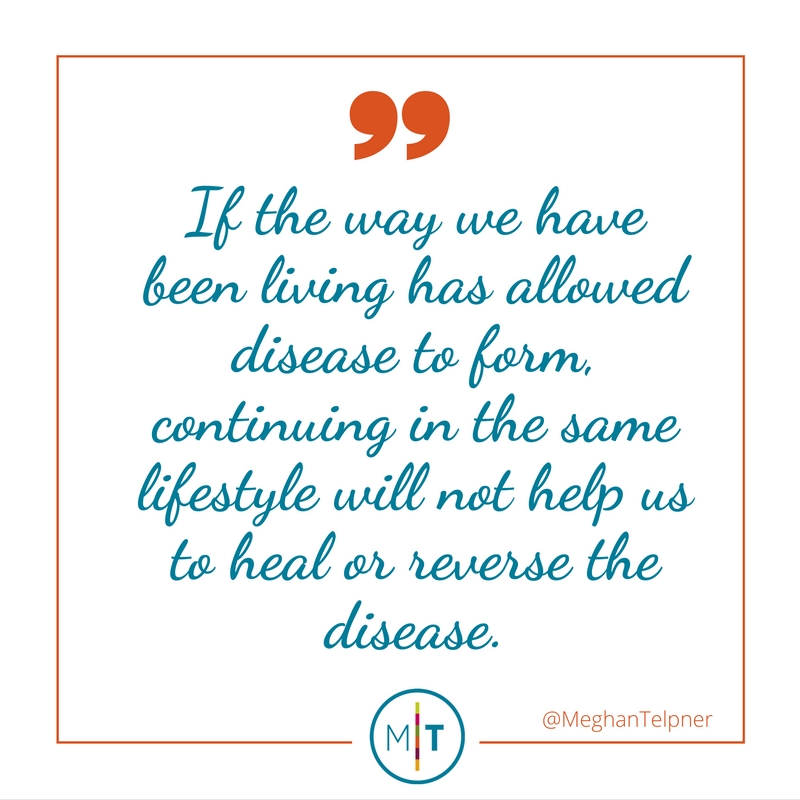
Remember that healthy living does not need to stand alone. Integrative functional medicine is the future of healthcare. Take medications when they are needed, but consider how a healthy lifestyle may both enhance the benefit of the medication, while also off set or mitigate the side effects, imbalances and nutrient deficiencies that are commonly associated with them.
How I Healed From Crohn’s Disease
I have divided the core components of my healing practices into the three areas that need to be addressed. And please note, the guidelines given below can be adapted to work with all autoimmune disease.
Dietary Changes
- I eliminated all processed foods. Anything that came in a package with a long list of ingredients was out. No exceptions. No cheat days.
- I eliminated gluten 100%. Eliminating gluten does not mean some of the time, it means adhering to a gluten-free diet strictly, as if gluten caused an anaphylactic reaction. It is not an option.
- I eliminated processed dairy 100%. See gluten above for what “eliminated 100%” means.
- I ate minimal grains, beans, pulses and legumes. Complex carbs found in grains and beans can be tough on the most ironclad digestive systems. And given my limited nutrition knowledge, the conflict around these being in the diet when trying to heal the gut inspired me to avoid them.
- 90% of my meals were made by me at home. This ensured that I could adhere to 1-3 above.
- I ate organic. If I was going to heal, I felt that eliminating any potential disruption from chemicals would be part of the process. And so I bought only organic produce.
- I eliminated all coffee, alcohol and refined sugar.Again, elimination is not “mostly” or “not a lot”. Elimination is complete avoidance.
- I ate small portions of animal-based protein. I enjoyed small servings of eggs, chicken and fish. I did not eat any red meat only because I found it challenging to digest.
- I consumed loads of bone broth. Bring on the chicken soup!
I cannot stress enough the importance of consistency when it comes to healing. If we consider that what we eat and drink will either build health or build disease, when we are in an acute state of disease, we want to focus on the foods that will heal.
Consuming things that inhibit healing in any small way will hold you back from your potential progress.
I also did not attempt to cheat. Cheating on a healing protocol is not worth it. You are the one who will suffer for it, and those that are supporting you as caregivers. No bowl of ice cream, candy bar or cocktail is worth it.
Here is what I did not do:
- I did not go raw. I strongly recommend anyone dealing with any autoimmune (digestive or otherwise, there is always a digestive component) never go on a 100% raw food diet. Some raw food may be okay if you can tolerate it. I did not eat any raw food while dealing with acute Crohn’s disease symptoms.
- I did not go vegan. I know that this is a common approach but could not find any research (and still can’t) that supports a vegan diet for regaining health from a disease of inflammation in the gut, or a disease resulting in severe nutrient deficiency.
- I did not go Paleo. I don’t even think it was a thing 15 years ago, but high levels of animal proteins did not make me feel good.
- I did not go macrobiotic. See comment above regarding high amounts of grains.
My diet during my time of healing was much like what is outlined in my book UnDiet. It was real food, minimally processed, gluten and dairy-free, low to no chemicals and made with love, attention and care based on what I was feeling like I needed on any given day. This worked for me.
If you are dealing with a severe flare-up, you may want to consider following the GAPS, FODMAP, or Wahl’s Protocol. A strict anti-inflammatory diet may be your best bet. Going into the pros and cons of each is beyond the scope of what I am writing here, though what all of these diets have in common are the main guidelines for how I ate above.
I would also highly recommend getting a food sensitivity test done via your natural healthcare practitioner through Cyrex Labs (no affiliation), to eliminate any potential trigger foods.
The diet helped, but it wasn’t just the diet. Diet alone will not heal any disease, but it is definitely part of the process.
Your Diet Can and Will Evolve
I stuck to my healing diet very strictly for a good two years after becoming symptom free. This was mostly due to fear that if I strayed, my symptoms may return. And then slowly, as I began to feel confident in my health, I welcomed the occasional glass of wine and started going out for dinner again (to a careful selection of restaurants). I loosened up on the rules but many have been consistently maintained.
I continue with the following:
- 100% gluten-free
- I will consume raw dairy as cheese
- 90% of my diet is organic
- Non-GMO
- Adhere to the UnDiet lifestyle
- I eat a lot of raw food, when it makes sense seasonally
- I eat animal-derived fats and proteins
- I eat loads of vegan meals
- I eat only moderate amounts of grains, but they are not part of every meal
- I continue to allow my diet to evolve based on my personal needs, seasonal consideration and environmental consciousness.
The Biggest Mistake You’ll Make
Most people trying to heal something will do this once, or a thousand times. Once your symptoms disappear you will be tempted to revert to your old dietary habits. Don’t do it! It’s not worth it as it’s likely your symptoms will return. This is not a crash diet! Looking at it as a cleanse or a temporary fix will become your greatest barrier to healing.
The Mind / Body Connection
This is where it gets tricky. Often the personality type of those that are diagnosed with autoimmune conditions are not easy, breezy and laissez-faire. We are often “type A”, driven and prone to anxiety. Being diagnosed with a disease that, on the surface, seems completely beyond our control is, in effect, the worst thing that can happen to us.
For the years I suffered with IBS, prior to my symptoms escalating to full blown IBD, and my family doctor would tell me it was stress. This was not helpful. I was too stressed to recognize this. I’d felt “stress” my whole life and didn’t know there was any other way to feel, or have any idea how to resolve the stress and anxiety I consistently felt in the pit of my stomach.
A big part of healing autoimmune disease is addressing our emotional and spiritual health. This is about tapping into the present moment experience of wellbeing, contentment, joy, happiness, calmness, fulfillment, hope and gratitude.
Instagramming your awesome life, your meditation corner, your morning journal, your steaming cup of tea, or a selfie in your new prayer shawl isn’t the spiritual practice. We have to do the work.
There are books we can read, podcasts we can listen to and classes we can attend, but the real work involved is recognizing that we need the help in the first place, and committing to a practice ongoing. Listening to a meditation recording or on our mats at yoga is the learning – the real practice comes when we’re at work, when we’re having a disagreement with our partner, when our children are screaming, when our in-laws move in, when our house is under renovation, or when actual tragedy strikes. This is where the work comes in.
This is about you connecting with yourself and acknowledging, without fear or any self-deception, what is working in your life, what isn’t, understanding why and what you can and cannot do to remedy it, and finding strategies that help you live life with greater ease.
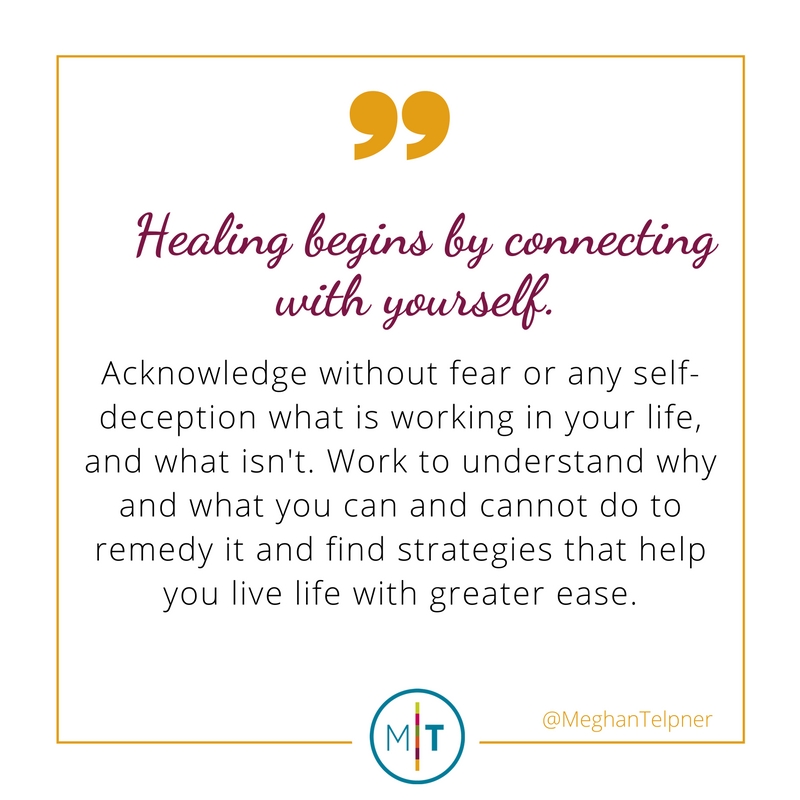
My Mind/Body Healing Practice Included:
- Daily meditation (often two times a day) for 20 minutes. I practice a mantra-based meditation, but any practice you can do consistently is the best practice for you.
- Regular yoga
- Avoiding anything intensely strenuous that taxed my physical or emotional resources (hot yoga, running, negative people, violent media)
- Gratitude practice
I also read a lot of books and put what I was reading into practice with small, self-motivated exercises. Some of the books that stand out for me include:
- A New Earth by Ekhart Tolle
- Perfect Health by Deepak Chopra
- Kitchen Table Wisdom by Rachel Ramen
- Spontaneous Fulfillment of Desire by Deepak Chopra
- Full Catastrophe Living by John Kabat Zinn
- Radical Acceptance by Tara Brach
- When Things Fall Apart by Pema Chodrin
Beyond the trendy aspect of a meditation practice, whether it’s a seated meditation or meditation combined with walking, yoga, chanting, being in nature, colouring or however you roll – there is a substantial amount of research that shows that a regular meditation practice will lower cortisol (the chronic stress/inflammation hormone), increase GABA production (this promotes relaxation chemicals) and shift your nervous system into parasympathetic (or rest to digest) mode.
It is in the parasympathetic mode that our body can actually do its healing magic.
This does not happen when we eat in front of our computers, scroll through Instagram before bed, listen to business podcasts while driving, or generally avoid down time that forces us to be still. It is in the space between doing that healing happens.
Your ability to get into “the zone”, and shift into the body’s healing state is not influenced by the colour coordination of your meditation pillow, or the beautiful mala you wear around your neck (I have one!), or the selfie you take of yourself ‘meditating’ at sunset on a beach.
This comes down to getting real about the work you need to do to alter the physical and emotional response you have to the perceived stress in your life, and changing that pattern up so that it becomes less harmful to your health.
The Lifestyle Habits
The mind and body connection is a big one and will often blend into lifestyle habits. In fact, diet also integrates with lifestyle. One does not stand alone.
One of the biggest overlooked areas that affect our health are our daily habits and patterns, the products we’re using and the chemical load we are unknowingly exposing ourselves to.
I have written about healthy lifestyle habits extensively so here is an overview of things you may want to consider.
Quicklist of Healthy Lifestyle Habits
- Reduce your daily exposure to chemicals in your cleaning products
- Clean up your cosmetic products
- Ditch the air fresheners
- Avoid plastic in your daily use
- Especially avoid plastic when it comes to food
- Take the time to prep for healthy eating as part of your weekly ‘to do’ list
- Avoid genetically modified and pesticide laden foods by choosing organic
- Pay attention to the products you use (from tampons to baby shampoo)
- Choose restaurants that suit your dietary needs
- Reduce the amount of time you’re on your phone
- Get off the pill!
- Get enough sleep
- Regular bodywork or physical therapy that feels good and healing for you
Transitioning your lifestyle doesn’t need to be an all or nothing thing. Start with one or two habits or changes you can make. Stick with them and then add a few more. My book UnDiet offers an 8-week transition plan that helps integrate these changes in gradually.
Therapeutic Supplementation
Supplements are often part of any healing protocol. By the time disease has taken a foothold, often diet and and lifestyle isn’t enough and watching Dr. Oz and then heading to your local health food shop for the latest miracle supplement isn’t going to do the trick. Neither is a long list of supplements from your naturopath or nutritionist that aren’t addressing the root cause. However, when used properly- they can be as powerful and effective as the drugs, but without the same side effects.
Therapeutic dosages that can accelerate healing will be beyond what is recommended on the bottles. Typically, to make the best use of your efforts and finances, you’ll be wanting a set of synergistic recommendations from a reputable and experienced natural health care practitioner.
Additional Beneficial Therapies
In addition to actively working to healthify my diet, reduce the stress I carried in my body and make lifestyle choices that reduced the overall chemical load, I also had regular acupuncture, was taking Chinese herbs and nutritional supplements.
Other beneficial healing practices may include various types of bodywork that feel good for you along with floating, restorative yoga, getting sunshine, being in nature, being around friends and family that bring you joy, reading uplifting books and watching funny TV shows and movies.
Your Next Steps For Healing
I recognize that I have outlined a whole lot here. The challenge was that I couldn’t answer the question of how I healed without explaining all of the components that were involved.
I truly wish I could offer a simple and straightforward answer. Our bodies are complicated. Disease is more than physical organs that break down. There is an unseeable psycho/spiritual component that has much if not more to do with our health than diet and environment. The reason I don’t have a quick and simple answer, and why it has taken me years to write this, is because there is no one size fits all.
I didn’t heal just because of my diet. It wasn’t just meditation. I haven’t sustained remission for ten years because in 2006 I went for regular acupuncture. Our health evolves and I continue to adapt everyday to what my body needs to maintain health. And this isn’t because 15 years ago I had an autoimmune disease, this is just what it takes to stay well today, in the environment we live in.
Tune in, listen and find a way of living that helps you maintain your optimal level of health and happiness.
And remember, this is not something you have to or should do on your own.
Finding Your Team To Support Your Health
I know that with the abundance of information available on the internet, it can be tempting to think you can figure this out on your own. Don’t. I mean, please try, but for optimal results, gather your team of experts that can help you sort out what you need.
Choosing A Practitioner To Help You
I highly recommend seeking out a natural health or functional medicine practitioner who can be at the core of your health team. Some things to consider when working with a practitioner:
- Do they take a complete health history?
- Can they read your blood work and assess the tests you’ve had done?
- Do they address diet, or have someone they recommend to help you with that side?
- Do they address lifestyle?
- Can they assess any medications you may be on and ensure there is no conflict with any natural remedies? Can they work with those medications and help to mitigate the side effects.
- Will they support you as you go through their recommended protocol?
- Are they recommending a standard panel of tests that may not relate to your primary concern? (This is a red flag).
- Are they experienced? This isn’t standard weight loss we’re looking at here. You want a practitioner with at least five years of clinical experience and a track record of success.
Remember, if you are not getting results (or getting worse!) while following a protocol from your natural health care practitioner, it may be time for a follow up, or consider finding someone else who can help.
What If I Get Sick Again?
Working to prevent a disease – whether it be Crohn’s or cancer – is no guarantee you won’t get it. I am not afraid of Crohn’s and should it come back into my life, I won’t regret the efforts I have made. Health is not a guarantee, but our efforts are insurance. With every deposit in the health bank account, we are building up our resiliency.
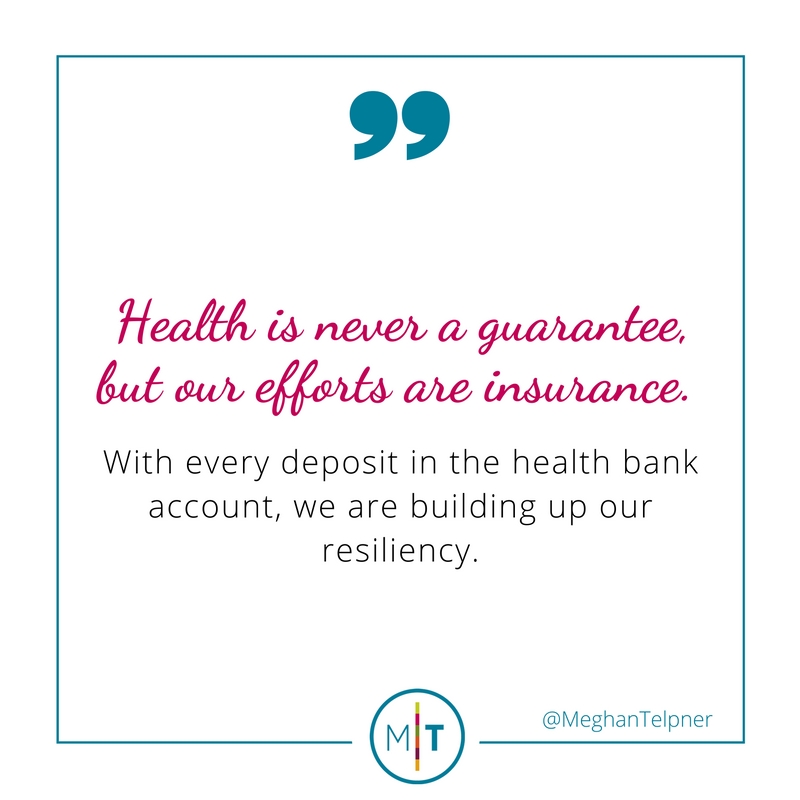 Have I had perfect health for 15 years straight? No way! Despite all of the personal development work I have done, I am still the same person I’ve always been. I set a high standard and push myself hard and so I do tire out. There’s no need to drag through a list, but I am human too and humans get sick from time-to-time. The key however, is in how long, the severity and the recovery time.
Have I had perfect health for 15 years straight? No way! Despite all of the personal development work I have done, I am still the same person I’ve always been. I set a high standard and push myself hard and so I do tire out. There’s no need to drag through a list, but I am human too and humans get sick from time-to-time. The key however, is in how long, the severity and the recovery time.
Everyone Can Heal
Healing will look different to different people. For some it may be a complete elimination of symptoms. For others it may be a freeze on the progression – you don’t get 100% better but you don’t get worse. However, when we can tune in to how we are feeling and take an active role in evolving our lifestyle to support our health needs, healing is possible.
It is not always the easiest path in the present, but it can set your life on a different trajectory. Remember, your health doesn’t just affect your life, but the lives of those you love and of future generations of your family.
There is absolutely no way I could have known that this diagnosis would have been such a pivotal catalyst in my own life, a gift, if you will, but also that it would extend beyond my own little world and into yours, too. And into the world of the nearly 3,000 incredible people that have graduated from the Culinary Nutrition Expert Program, or the tens of thousands that have read my books, or the millions that have come to this very blog since it launched in 2008. To think of all the people that have been positively impacted by my experience is simply wild.
We never know what impact one small decision can have on those around us, or how far reaching it may be. What I do know – and what I experience over and over again, and you reading this is proof – is that everything is absolutely possible.
We find what we need when we begin asking the questions. Your seeking landed you here and I hope you found some answers.
Additional Resources and Reading
- Crohn’s and Colitis: Healing Diets and Other Resources
- My Story: How I Got Here
- Can Your Cure The Incurable
- Podcast: How I Beat Crohn’s
- Deep Fried Twinkies: An Open Letter To the Crohn’s And Colitis Foundation
- Book: UnDiet: Eat Your Way To Vibrant Health
- Book: The UnDiet Cookbook
- Recommended Functional Medicine Practitioner: Josh Gitalis
If you have a story to share, please post below.
Free Resource Library
Enjoy more than 40 downloadable guides, recipes, and resources.















